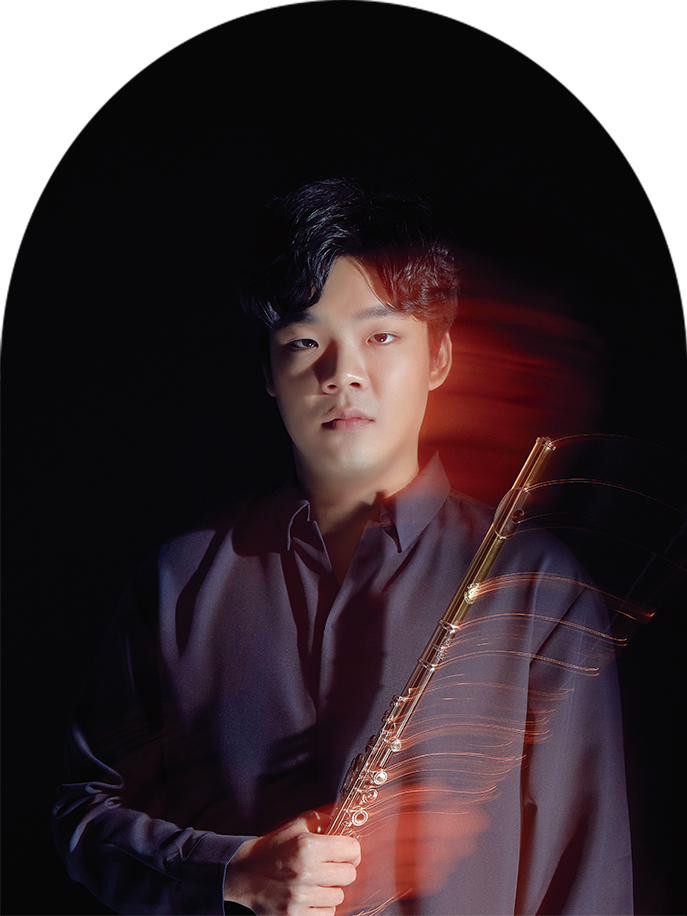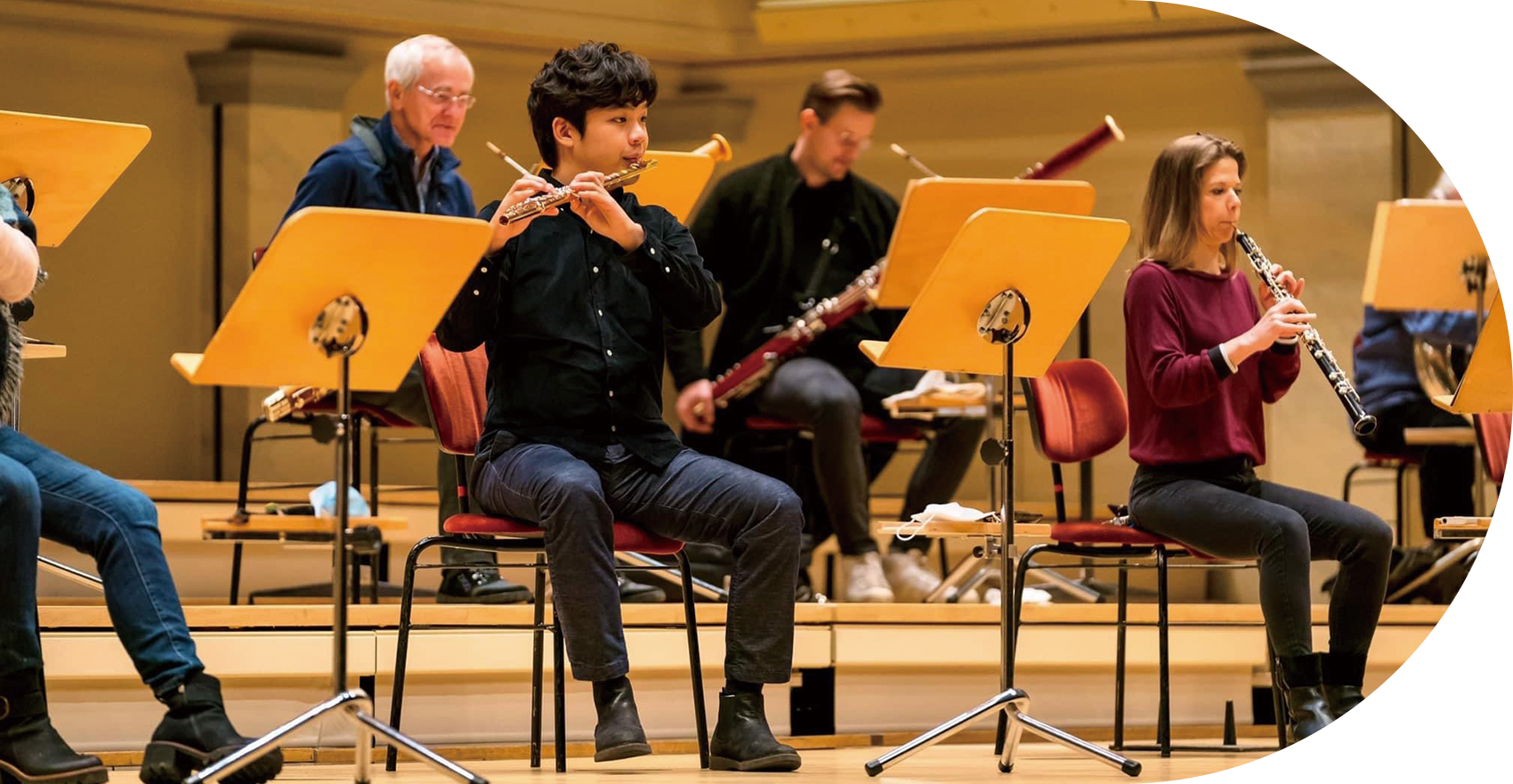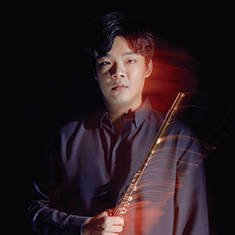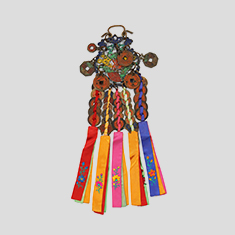Yubeen Kim joined the Konzerthausorchester Berlin (hereafter referred to as the Konzerthaus Berlin) as the youngest principal flutist in history at the age of 19. This was the instance that clearly imprinted the name Yubeen Kim on the world.
Kim has been able to incorporate various styles of flute music in his life after studying abroad in France and playing for the Konzerthaus Berlin. Whether he was performing as a soloist, a chamber musician, or a member of an orchestra, exclamations circulated, saying, “That’s Yubeen Kim!”
The recital “Blooming Baroque” held at the Lotte Concert Hall in August of last year gave Kim the opportunity to present a different side to his music. It was an unprecedented event for the twenty-four-year-old musician because it presented him with the challenge of performing baroque music, a style that was critically acclaimed during its heyday. Planning a baroque concert is different from planning a concert for classical music as one needs to focus on selection criteria as well as setting the audience. It was also difficult for Kim because he had to find a harpsichordist and go through the process of persuading them to perform at the concert as his partner.
Kim is so committed to music that he was willing to go through the extensive process.
Encountering Baroque Music
Kim said, “I first encountered baroque music when I was in France.” Kim began to stand on his own when he moved to France at the age of 16 and joined the National High Conservatory of Music and Dance of Lyon. After that, he moved to Germany. He lived there for six years and faced many changes as a member of an orchestra. Kim longed to find his own voice. He took up baroque music once again as he was contemplating his own path while performing with the orchestra.
Q ― Do you remember the first time you encountered baroque music?
It was the first time I had ever worked with a harpsichord. I actually had the chance to see a real traverso, something I had only ever read about. A traverso is a wooden transverse flute that was used during the times of Bach and Handel. I fell in love with baroque music through the harpsichord and traverso. I bought a traverso, learned how to play it properly, and started studying related pieces.
Q ― You joined the Konzerthaus Berlin after that. Did you have the opportunity to showcase your passion for baroque music in the orchestra?
I played the orchestra’s repertoire of music up until the 18th century on my wood flute. It wasn’t compulsory; I did it because I enjoyed it. I bought my wood flute while I was studying in France. The traverso that I just talked about has a low volume and an unstable pitch, which makes it difficult to play in a modern orchestra. I play the wood flute when I’m searching for inspiration. The wood flute I use is an updated version of the traverso.
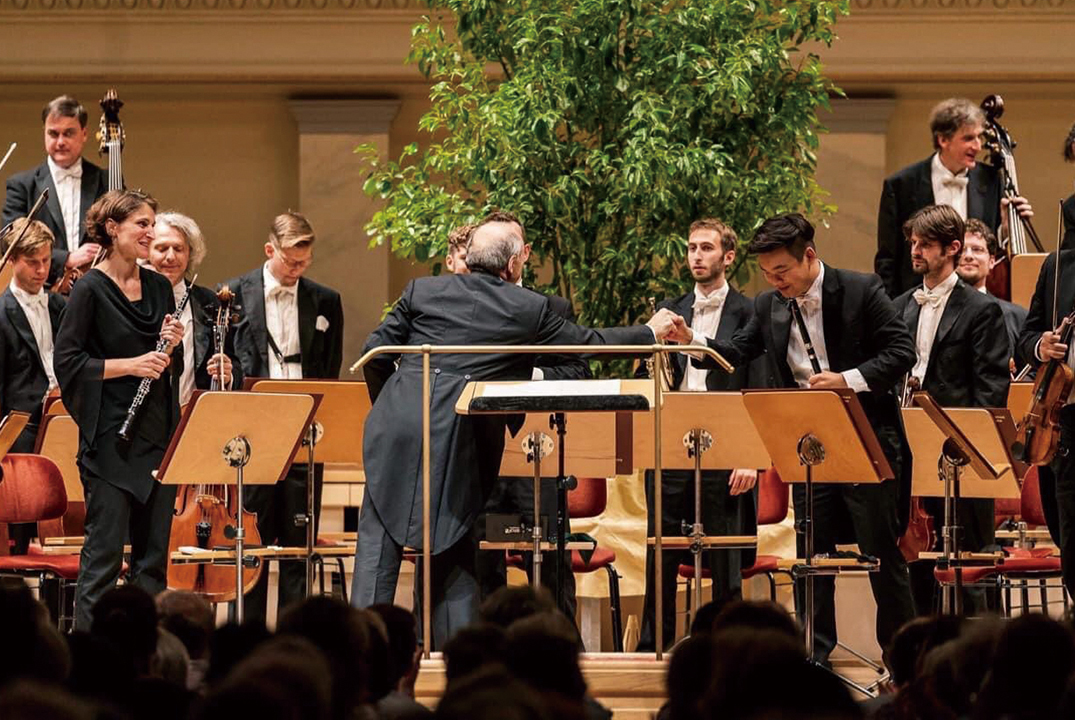
Kim plays his Boehm system wood flute.
Different Styles of Baroque Music
Kim studied in France and continued his life as a musician in Germany. The music styles of France and Germany are extremely different. Kim has immersed himself in studying those differences.
Q ― What do you think the difference is between French and German baroque music?
To put it simply, French baroque music is free. It has a lot of embellishments. It feels like you’re wearing earrings, a nose ring, and a necklace. There were already so many embellishments freely spread out by the composers that I wasn’t able to add my own touch.
Q ― Instrumental music from the Baroque era came about as a result of transferring vocal music, which was the predominant style during the medieval and Renaissance eras, to instruments. I think that’s something you need to keep in mind when approaching Baroque music, right?
French Baroque music requires a particularly linguistic approach. Vocal music clearly conveys emotions through lyrics. I also try to instill lyrical aspects when I study flute music.
Q ― Heavy and serious is often used to describe German baroque music.
That’s right. It’s very studious. It has a natural aesthetic style. Unlike French Baroque music, there are few embellishments in German Baroque music. That’s why I’m very careful when it comes to adding things arbitrarily. There’s something unique about it. Speaking from an academic standpoint, the two countries are total opposites. Germany has a rather liberal atmosphere when it comes to studying, which is interesting because France, which is quite free, places an enormous pressure on studying.
Q ― You have always mentioned the importance of “original text” research. Are you still focused on those values?
I still have a pile of books to read! I’m reading a book written by Couperin, who was a keyboardist. I’ve had the chance to explore more about the harpsichord I’m going to play at the recital. Studying brings me closer to the context of the work.
Q ― Does that mean you want to perfectly understand the composer’s intentions?
There’s no such thing as being able to perfectly understand their intentions. While I was playing modern music, I had a lot of opportunities to talk to many composers including Unsuk Chin, but even they don’t have the correct answers. That’s why in order to find the sound I’m looking for, I have to not only study the original source, but also listen to the interpretations of many different musicians.
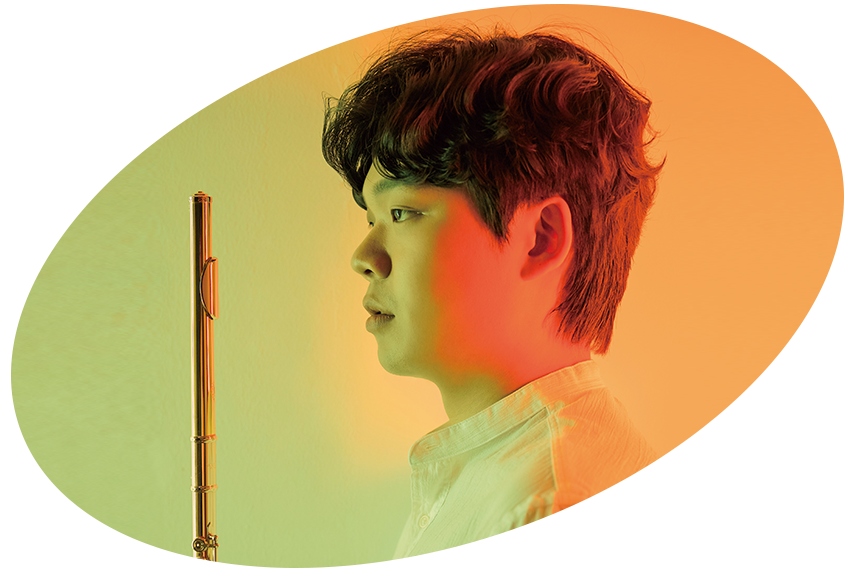
Kim is on a quest to find his own style.
Confidence in Baroque Music
Kim puts time and effort into his passion for Baroque music, but that doesn’t mean it has been a straight path for him. There are a lot of things that he needs to focus on.
Q ― Are you the only principal player for the Konzerthaus Berlin?
Yes. That’s why I’m involved in almost all of the performances and recordings. I have to work twice as hard because I’m filling a role that’s meant for 2two people. I have a lot of new pieces to study. However, I believe that taking the time now to absorb everything like a sponge will serve as a good reference for me in the future.
Q ― I think it’s necessary to think about becoming a musician who can do the distance without completely exhausting yourself.
That has been my biggest concern these days. Even a marathon requires you to keep a certain pace. I want to maintain my abilities for a long time because I want to keep making good music. Besides practicing regularly, I’ve been trying to take care of my health. I often go jogging these days.


